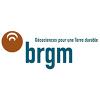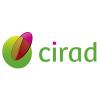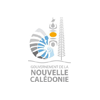DEPOLEAU
Valérie Burtet-Sarramegna
The objective of this project is to develop biological and natural filters in New Caledonia, making it possible to capture ETM (metallic trace elements) and therefore limit their concentrations in wastewater or runoff, in order to maintain them at acceptable levels for the environment and human health. In this perspective, we propose to develop innovative solutions based on the exploitation of New Caledonian microflora
Project duration 19 month(s)
Associated program
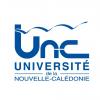
Responsable scientifique
ISEA (institut des Sciences Exactes et Appliquées)
On a global scale, the increase in population and its needs has aggravated the problems of water contamination. In industrialized countries and in New Caledonia in particular, these contaminations mainly concern metallic trace elements (ETM) and they have their origin both in anthropogenic activities (industry, mines, domestic discharges) and in the natural erosion of landforms. Due to the multiple impacts of MTEs on terrestrial and marine ecosystems, as well as on human health, these contaminations directly threaten the water supply. Indeed, among the MTEs encountered in New Caledonia, some are known to be moderately or significantly toxic to humans and the environment. This is particularly the case for chromium (in particular Cr6+), nickel (Ni2+), zinc (Zn2+), copper (Cu2+), lead (Pb2+), cadmium (Cd2+), arsenic (As3+ and As5+), mercury (Hg2+) or scandium (Sc3+).
Faced with this global problem, current water purification techniques (chemical precipitation, ion exchange, reverse osmosis, electrodialysis and ultrafiltration) are unsatisfactory because they are too expensive, slow or generate toxic waste. In addition, they do not respond to the context of the territory which requires the use of light installations adapted to a very local scale (scale of AEP collection (Drinking Water Supply) for example). Thus, there is an urgent need to develop in New Caledonia more selective, inexpensive and effective alternatives to reduce the concentrations of ETM in wastewater or runoff, to acceptable levels for the environment and human health.
The use of natural filters with a high adsorption capacity seems to us a particularly relevant way for the territory. Indeed, these filters would make it possible, on the one hand, to retain the ETMs trapped in dissolved or particulate forms, then to recover them for potential reuse downstream. On the other hand, the environmental impact of processes based on the use of such natural filters would be negligible. However, preliminary research work is necessary to identify the biomaterials possessing the necessary bio-physico-chemical properties and to develop new methods using them to lower the ETM contamination of the effluents downstream of the ultrabasic massifs and/or at high industrial pressure. or anthropogenic.
It is in this perspective that we are currently running this research project to CRESICA today. We consider that the work proposed here is fully in line with the theme "Drinking water for all and at all times", and particularly with the objective of "identifying or developing technological solutions for treatment (drinking water) on a small scale ". However, we would like to point out that, although this project is developed in New Caledonia, the techniques it proposes to develop will be easily transferable to other countries; this project is more broadly part of the global issue of water pollution control and metal capture.
In this project, we propose to test different methods, based on the use of original microorganisms from New Caledonian biodiversity (figures 1 and 2), or the biomolecules they produce, to develop innovative biotechnologies for the depollution of ETM contaminated waters or environments.
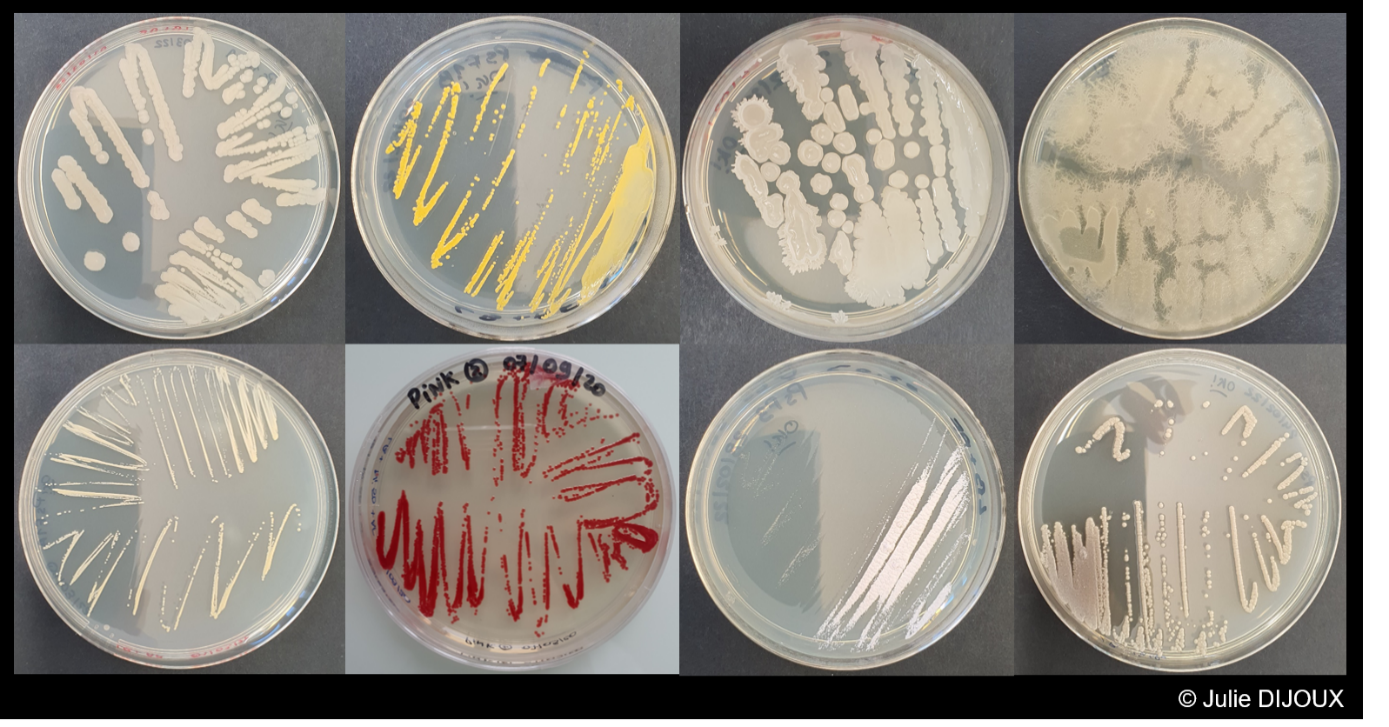
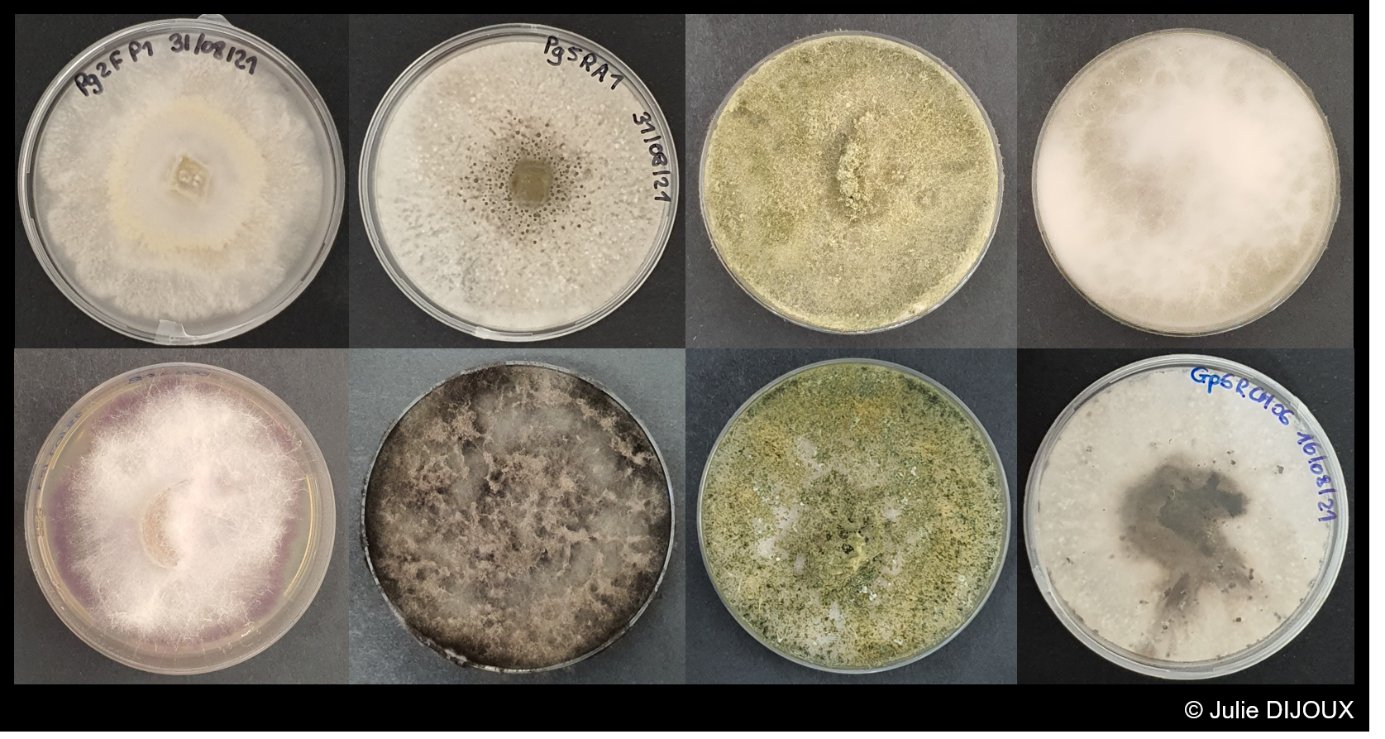
Les 28 et 29 mars 2022, le CRESICA organisait le séminaire "Au fil de l'eau" qui a permis de présenter l'état d'avancement du projet.
Visionnez la présentation fait lors du séminaire grâce à la vidéo du projet DEPOLEAU par V. Burtet.
Le 29 août 2023, le CRESICA organisait le séminaire de restitution "Au fil de l'eau" qui a permis de présenter les résultats du projet.
Brochure: "Des projets de recherche sur la thématique de l'eau en Nouvelle-Calédonie."
Visionnez la présentation faite lors du séminaire grâce à la vidéo du projet DEPOLEAU par V. Burtet.







